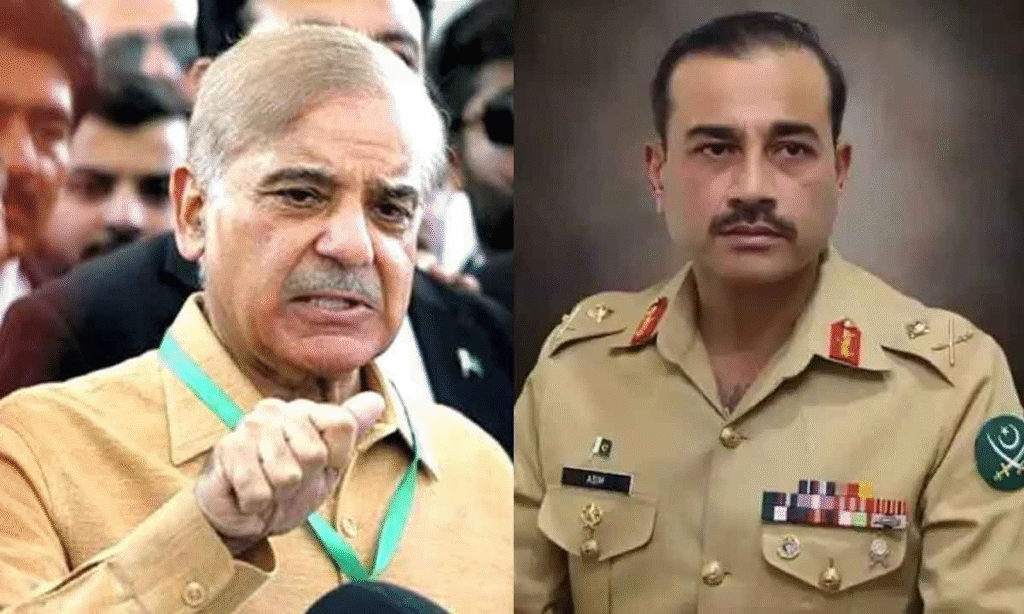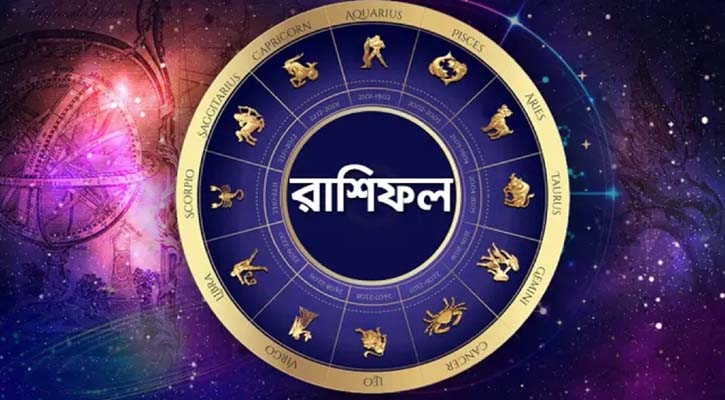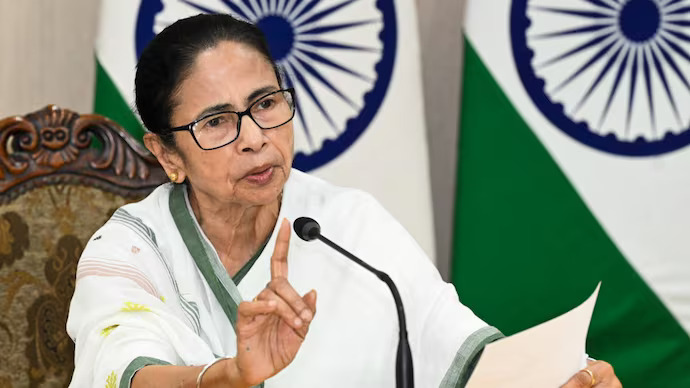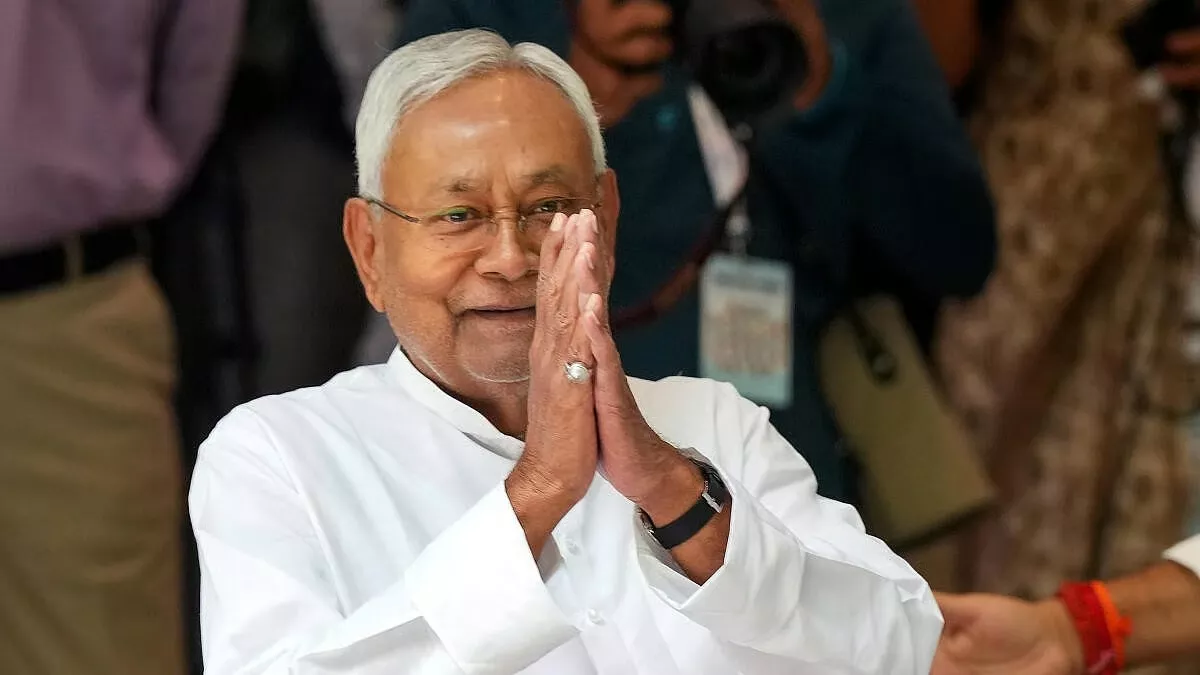In a shocking revelation, Pakistan’s Prime Minister Shehbaz Sharif shared a tense moment from his tenure when Army Chief General Asim Munir called him at 2:30 AM to report that India had allegedly launched missiles towards Pakistan. The disclosure sheds new light on the escalating tensions between the two nuclear-armed neighbors and emphasizes the delicate balance required in military diplomacy and national security.
This revelation underscores not only how close South Asia came to a possible confrontation but also highlights the behind-the-scenes panic during cross-border escalations. Let’s break down what really happened, what it means, and how the event is viewed in geopolitical circles.
Shehbaz Sharif’s 2:30 AM Call: A Moment of Panic and High Stakes

During a televised interaction, Shehbaz Sharif revealed that he was awakened in the early hours of the morning by a phone call from General Asim Munir, who urgently told him, “India has launched missiles.” The call reportedly came during a period of high military tension between the two countries, following border skirmishes and political blame games.
Sharif said he immediately contacted key figures and called for an emergency meeting. “I had never experienced such fear and urgency in my political life,” he said.
This revelation has sparked renewed concerns over how swiftly military escalations can lead to full-blown conflict, especially when nuclear-capable nations are involved.
India-Pakistan Tensions: The Broader Geo-Strategic Picture
While India has not officially commented on this claim, past incidents — such as the accidental BrahMos missile launch into Pakistan in 2022 — add a layer of complexity to the situation. In that case, the Indian Air Force called it a “technical malfunction”, but Pakistan had responded sharply, demanding a thorough investigation.
Sharif’s latest recounting is being interpreted as a reminder of how fragile the peace is between the two countries, especially in an era of digital warfare, AI-based defense systems, and rising cross-border rhetoric.
“This is a wake-up call for both nations to reinforce backchannel diplomacy and prevent such near-miss moments from spiraling,” said a defense analyst based in Islamabad.
Despite frequent ceasefire violations and political tension, both countries have traditionally maintained a level of restraint when it comes to full military escalation. However, episodes like this underline how quickly misinformation, technical errors, or political moves can ignite dangerous consequences.
Alt text: Strategic military positions and missile range between India and Pakistan
Implications for Regional Stability and Global Diplomacy
Although Sharif did not confirm whether the missile had actually hit Pakistani territory or if the situation was later deemed a false alarm, the sheer gravity of a midnight missile alert from the army to the Prime Minister signals the intense distrust between the two neighbors.
Defense analysts argue that both countries need better military-to-military communication protocols, much like the hotline system between the US and Russia during the Cold War. These protocols would help clarify intent, verify threats, and avoid miscalculations.
This event also calls into question the nuclear doctrine of both nations. While India follows a ‘No First Use’ policy, situations of potential retaliation — even if accidental — demand extreme caution and clarity in strategic communication.
Conclusion: A Midnight Reminder of the Fragility of Peace
The missile scare as recounted by Pakistan PM Shehbaz Sharif is not just a dramatic anecdote — it is a stark reminder of the precarious peace in South Asia. It highlights the urgent need for diplomatic channels, strategic patience, and technological safeguards to prevent errors from escalating into irreversible consequences.
As the world watches closely, this incident underscores the need for greater transparency, international oversight, and regional cooperation to ensure that the next 2:30 AM call doesn’t end in catastrophe.
📣 What do you think about this revelation? Do you believe enough is being done to prevent future escalations? Share your thoughts in the comments below.










